Hyundai Accent Hybrid
Hyundai Delays Hybrid Program
In the past five years, Hyundai has fought a hard battle to improve the quality of its vehicles—which were once viewed as inferior budget-constrained choices. It looks like the South Korean automaker has won. It is now consistently ranking near the top of quality surveys by consumers and auto industry market firms. According to BusinessWeek, Hyundai “has emerged as the fastest growing of the major automakers.”
Fresh from showing it can make affordable cars without sacrificing quality, the carmaker is appeared to be ready to make hybrid technology affordable. Then, the company slammed on the brakes. Automotive News reported in May 2006 that Hyundai would delay introduction of hybrid cars until 2009 at the earliest. The article cited the rising value of South Korea’s currency—which means auto sales in the U.S. generate fewer won for Hyundai—and generally weak auto sales. And then there’s the turmoil at the top level of the company: the chairman of Hyundai Motor, Chung Mong Koo, was charged in May in South Korea with embezzling $136 million to create a political slush fund. The controversy, according to the New York Times, caused the company to delay important projects, including the development of Kia’s first American plant and the development of hybrid vehicles.
Where Were We Headed?
In December 2005, at the third annual Guangzhou international exhibition in China, Hyundai revealed a hybrid version of its Accent sub-compact. The automaker said the Accent Hybrid would combine a 16-horsepower electric motor with a 1.4-liter, 90-horsepower, continuously variable valve-timing engine. Hyundai promised a 40 percent increase over the conventional Accent’s 32 mpg. Kia had also planned to launch a Rio hybrid model alongside the Hyundai Accent hybrid.
Hyundai is developing their own design for their hybrids (to stack up against Toyota’s Hybrid Synergy Drive, Honda’s Integrated Motor Assist, Ford’s Toyota-esque technology, and G.M.’s two-mode hybrid system). “Hybrids are the next-generation growth engine. We plan to shift our R&D focus from fuel cells to hybrids,” said former Hyundai Chairman Chung Mong Koo.
Hyundai might have faced competition from Honda in the nascent “economy hybrid” market. The Hyundai Accent, expected to deliver 98 horsepower, would have faced off against a Honda Fit hybrid subcompact, which is reportedly aiming for 109 horsepower. Both cars were expected to sell in the $15,000 range, but the Honda Fit—based on the current buzz—could approach 60 mpg, while the Accent is slated for about 45 mpg.
A Change of Plans
Hyundai had been checking off one milestone after the next in its march to the US hybrid market. It didn’t hurt that the Korean government planned to invest hundreds of millions of dollars over the next five years to help develop technologies needed for hybrid, fuel cell vehicle,s and other advanced automotive systems. The government was scheduled to take delivery of 380 Hyundai Accent and Kia Rio hybrids this year, and is working on an attractive domestic hybrid incentive package—tax breaks, subsidies, bus-lane usage—for 2010.
How did Hyundai manage to get so much assistance from the Korean government? The slush fund controversy provides clues. Two steps forward and one big step back: the scandal has apparently delayed Hyundai’s hybrid plans.
Become an AutoGuide insider. Get the latest from the automotive world first by subscribing to our newsletter here.
More by AutoGuide.com Staff



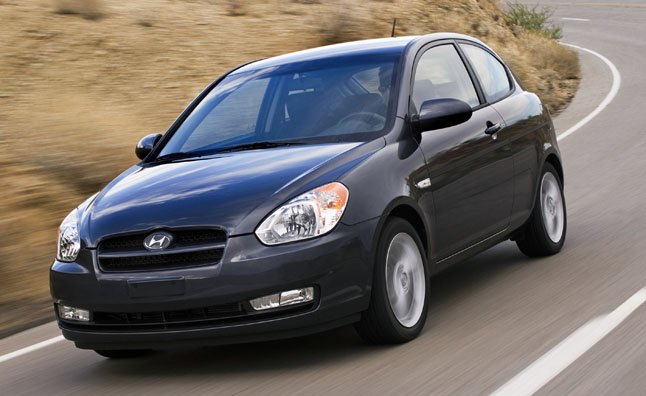
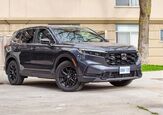
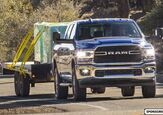
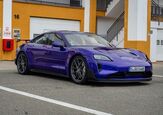
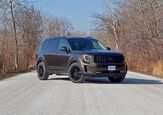







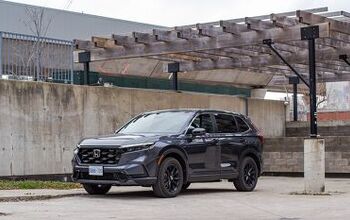

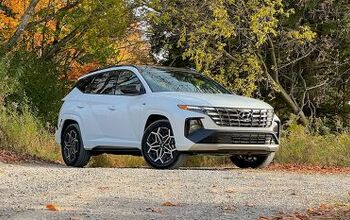
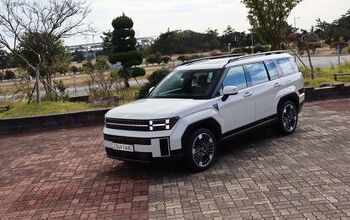
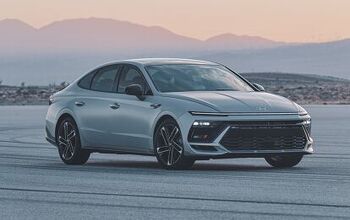
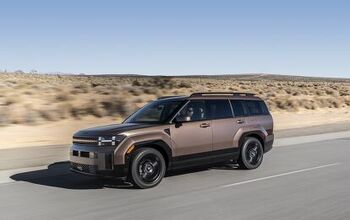
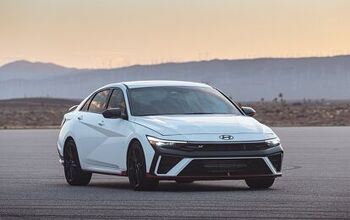


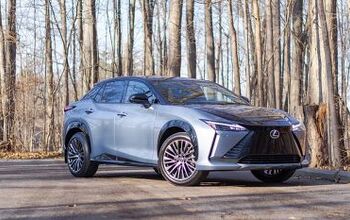

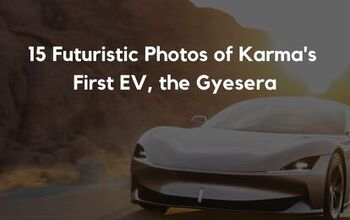
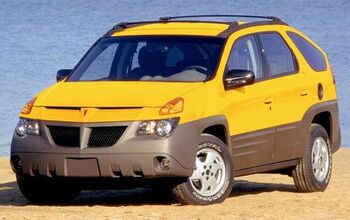
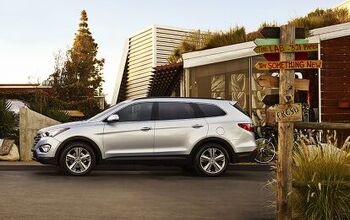
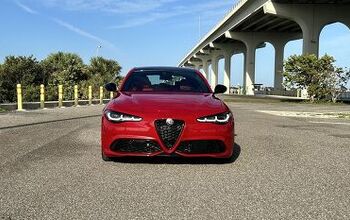

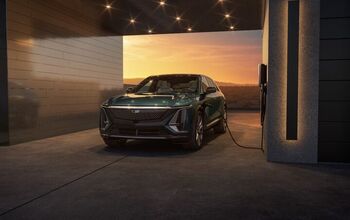
Comments
Join the conversation